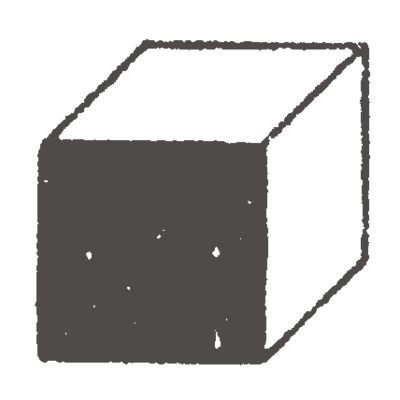Pentesting of software and intellectual property
Can a controlled attack on a computer system to identify its security weaknesses violate copyright or trade secrets?

More changes in the Industrial Property Law
The amendment of 24 July 2015 to the Industrial Property Law doesn’t enter into force until 1 December 2015, but another amendment has already been published—dated 15 September 2015 and entering into force on 15 April 2016. Letters of consent are the most important change introduced by the first amendment, while the second amendment will revolutionise the system for obtaining protective rights to trademarks. The changes will affect the registration procedure and the grounds for lapse of protective rights.

Freedom of panorama
In computer games and apps, the use of images of nature, like mountain streams, does not raise doubts in terms of copyright. But the use of architectural structures, such as bridges, monuments or buildings, can be problematic, because they are generally regarded as “works” for copyright purposes.

Protection of highly distinctive trademarks
Conceptual similarity between trademarks may be sufficient to find a risk of confusion even when there is little visual similarity between the marks, if the earlier mark has become highly distinctive through its use.

When the meaning and pronunciation of words in a trademark are relevant
In evaluating the likelihood of confusion when conflicting names in a foreign language look similar, the meaning and pronunciation of the words in that language should be considered.

Lego manikin joins Rubik’s Cube
Lego figures are a toy for all. They develop not only the imagination, but also the line of European case law. Like Rubik’s Cube, they are reversing the tide of refusal to grant trademark protection to the shapes of products.

Is a licence really forever?
Software licensing agreements often provide that the licence is granted for an unlimited time. But what does this mean in practice and what legal consequences does it exert?

Three stripes prevail over two
The General Court refused registration of a trademark of two parallel stripes on sports shoes. The difference in the number of stripes did prevent conflict with the adidas trademark of three stripes.

Can colour be a trademark?
Although in theory it is possible to register a trademark in the form of a single colour, in Polish practice such marks are vanishingly rare. Essentially, such protection is possible only if the applicant proves “secondary distinguishing power”—showing that the target customers for the goods clearly associate the colour with a specific company.

Major changes to the Industrial Property Law
A long-awaited bill to amend the Industrial Property Law of 30 June 2000 was submitted to the Sejm on 12 March 2015. The proposed changes affect dozens of regulations. The bill would repeal some existing provisions but also introduce new features to the law.

How precisely should a licence for use of an industrial design be worded?
Contracts are signed expecting the worst. The provisions should be precisely formulated, particularly when a failure to be explicit can lead to application of rigid statutory provisions instead. When a dispute arises, the court’s interpretation of the parties’ intent may differ from the literal wording of the contract.

Using someone else’s database
What is the scope of legal protection of databases? Can lawful users make unlimited use of them? Can the creator of the database limit access to it? The courts had to address these issues in a dispute between an airline and an operator of an online search engine for discount air tickets.
